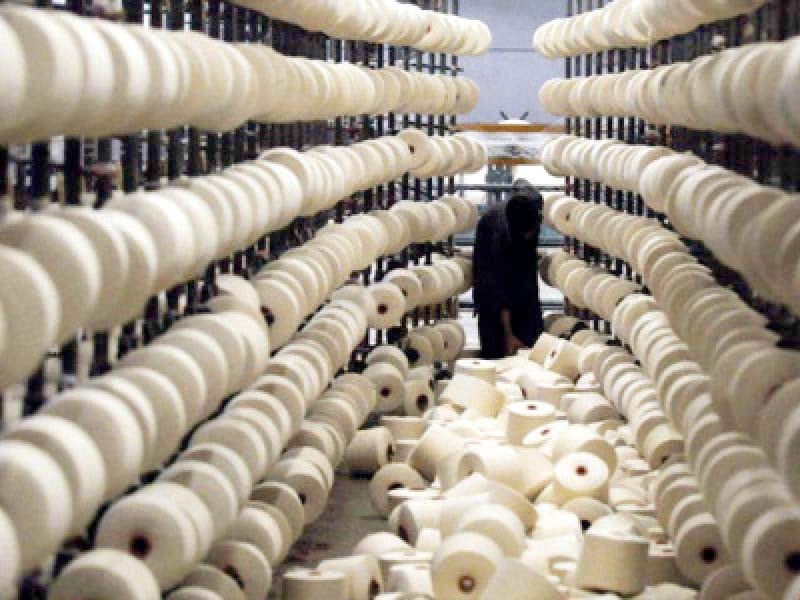
Despite a gap of over three-fourths between the demand and supply of man-made fabric, the government is considering imposing a 5% regulatory duty on the import of filament yarn, apparently to give protection to the local manufacturers.
Pakistan Yarn Merchants Association (PYMA), a body largely representing the importers, has appealed to Prime Minister Shehbaz Sharif to intervene and stop the increase in tax burden.
The association has written to the premier that the imposition of 5% regulatory duty on the import of yarn, which is a raw material for the textile sector, on the pretext of discouraging imports will increase the cost of production.
A summary may soon be tabled in the Economic Coordination Committee (ECC) of the cabinet for seeking its approval for the regulatory duty.
Cotton has been replaced with yarn across the world and most of Pakistan’s textile industry depends on the imported yarn.
About 500,000 power looms and knitting machines use yarn as a raw material for the manufacturing of textile products. Commercial importers also import yarn for consumption by such manufacturers.
The association claims that the demand for yarn for local consumption stands at approximately 450,000 tons per annum, of which 350,000 tons are imported, which shows a gap of 78%.
Yarn demand cannot be fulfilled in any way through local supplies, which raises questions over the motive behind imposing the regulatory duty to discourage imports.
The association also points out that the local yarn manufacturers are still using outdated machines, which are not energy efficient. Such energy losses are built into yarn prices.
Currently, there is a gap of at least 8.5% in the duty structure on the import of raw material of yarn and the import of yarn and any increase in the duty will give undue advantage to the local manufacturers.
Despite the huge gap in supplies, the yarn manufacturers could not tap the market due to the low quality of their product and high cost of production. Efforts should be made to increase the efficient production capacity instead of imposing the regulatory duty.
Textile products produced from the imported yarn are mostly used by the ordinary people due to their affordability. The duty imposition will directly impact the inflation reading and will further worsen the situation.
On the other hand, the yarn manufacturers will also increase prices in line with the landed cost of imported yarn which will, in turn, raise the cost of finished textile products. The impact on inflation will be twofold.
Moreover, the export of textile will be no more competitive due to the high cost, resulting in possible closure of small and medium enterprises (SMEs).
The association has appealed to the PM that in light of the facts and in order to save hundreds of thousands of power looms from closure, the existing duty structure may at least be left unchanged if the duty gap is not reduced.
It has also demanded that no regulatory duty should be imposed on the import of yarn to provide undue protection to the local textile industry that is not able to meet the entire consumer demand.
Published in The Express Tribune, November 23rd, 2022.
Like Business on Facebook, follow @TribuneBiz on Twitter to stay informed and join in the conversation.




1731916090-0/sabrina-(3)1731916090-0-165x106.webp)













COMMENTS
Comments are moderated and generally will be posted if they are on-topic and not abusive.
For more information, please see our Comments FAQ